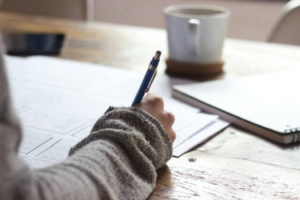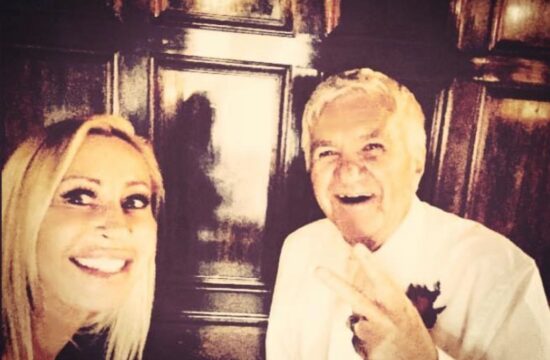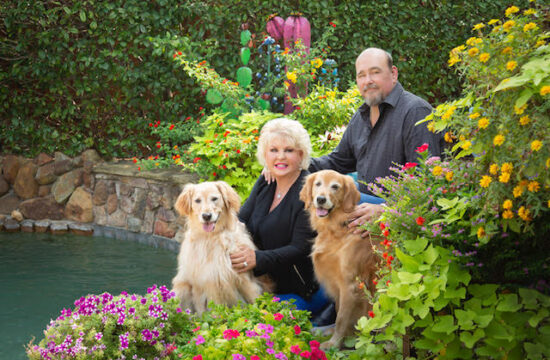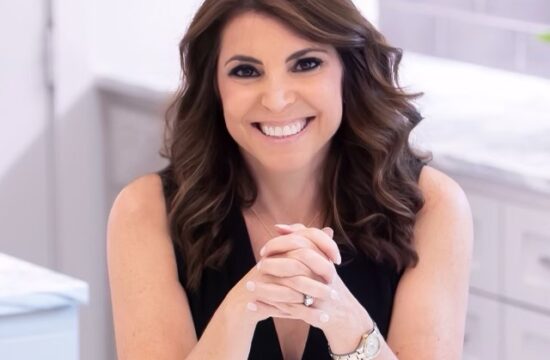The art of self-kindness – and how it helps us cope with stress
Written by
Peter Yeung
September 9, 2020
This article has been created by Positive News and supported by Simple
Self-kindness can boost our mental health and help us navigate stressful situations. This is what we can do to nurture more of it
Observing the breeze blow gently through the trees, savouring the delicate taste of a morning cuppa and curling up with a diverting novel in hand: far from being an extravagance, as these acts of self-kindness have sometimes been treated, they are in fact the fundamental building blocks of strong mental health.
In a world that is increasingly time-pressured and an economic model that has an unyielding focus on improving efficiency, it is easier than ever to overlook or de-prioritise your personal feelings and needs.
But according to psychologists, the art of self-kindness, although something that can be honed, is not something that should be optional. Whether it be in the realms of the physical, emotional, spiritual, or indeed professional, being conscious and sensitive towards yourself, they say, is key preparation for everything that life throws at us.
“It can change your life massively,” says Juandri Buitendag, a counselling psychologist who founded JB Wellness Dynamics, a London-based psychology therapy practice. “It’s true that at first humans were just on this world to survive. But the world has changed and there are many things to deal with: we’re on this constant hamster wheel. Therefore, self-care, self-kindness and empathy is so important.”

Finding freedom in boundaries
According to Buitendag, there are a number of techniques that can be applied in order to nurture self-kindness, which will then allow us to navigate future stressful situations such as relationship crises or career problems.
“My number one thing is boundaries – psychological and physical – especially in such a volatile world,” she says. “Put away your laptop and your work. Make sure you take that lunch break. If you stay away for a weekend, make sure you don’t work. If you’re not well then take time off. It allows us to be more focussed and happier in what we do.”
Another approach that Buitendag recommends is to keep a gratitude journal, in which you write down three things you’re grateful for each day. “Focus on more specific details, like if you went to order a coffee and the server made a joke,” she explains. “Being in the here and now and noticing the smaller things helps us to foster a more positive mindset.”
Lastly, Buitendag suggests seriously controlling your social media feeds. “It’s a really big issue with my clients,” she says. “Social media can make you feel worthless about yourself. But it seems very difficult to avoid. Instead of completely shutting it out, take digital detoxes. And filter out anything that could be damaging to you.”
Celebrating imperfection
Prof Margareta James, founding director of the Harley Street Wellbeing Clinic, believes the philosophy behind the centuries-old Japanese art of kintsugi, in which practitioners fix broken pottery with a special tree sap lacquer dusted with powdered gold, is key in understanding and mastering the art of self-kindness.
Translating literally as ‘golden joinery’, the unique method visually emphasises the fractures and breaks of an object instead of hiding or disguising them. That does not, she adds, mean that we should all become pottery repair experts.
Being in the here and now and noticing the smaller things helps us to foster a more positive mindset
“It’s like saying: ‘I accept who I am’,” says James. “Step one for self-kindness is being brutally honest about yourself and accepting whether you are lying to yourself about anything. Positivity isn’t ignoring the hurt. It’s saying that in the midst of hurt and pain that we can make a change in the future.”
The result? “After that, it’s easy,” she says. “Then if something goes wrong, you can be kind to yourself like a best friend.”
Thinking positively
Professor James also believes that short daily exercises can help us to nurture the art of self-kindness, citing research by Harvard University showing that if you think positively about specific events for two minutes per day for 30 days, the brain develops a ‘background scan’ for positive thinking.
“Some people have it more naturally,” says James. “It all comes from how people receive feedback as they grow up. If parents are too critical as a child it can be very difficult. But from the perspective of the brain we need to develop habits so that subconsciously we always look for the positives.”
The result is that we become more solution-focused when faced with challenges. “It means that even if you are in difficulty or really struggling, you will have an ability to look at it more objectively and have a way of looking for a solution,” she adds. “When we understand this, we can make incredible change.”
The next level is to use five minute-exercises to project a “big movie screen in your mind” to imagine what would happen if everything went well in your life. “In sports, they use visualisation to enhance performance too,” says James. “What could happen? How could you see yourself? Those questions will help you shape your future.”
Main image: Electravk and Getty Images












